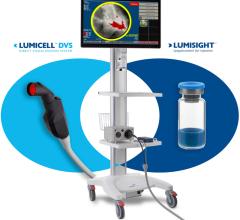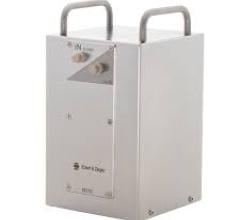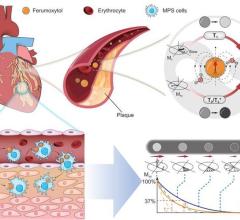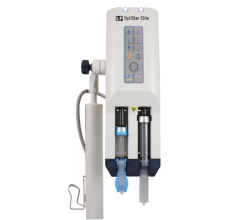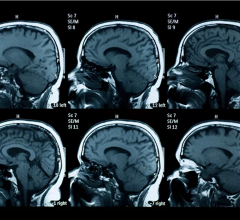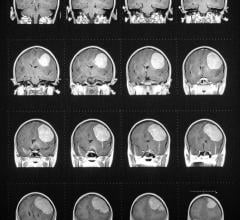December 1, 2008 – At RSNA 2008, Bracco highlighted studies of its products that were the subject of multiple studies this past year, which reportedly demonstrated the company’s dedication to the manufacture of products that provide clinical safety and efficacy, including the following:
- The MR-ENHANCE study – a controlled multicenter double-blind randomized intraindividual crossover study design – published in the American Journal of Neuroradiology, suggests that the higher relaxivity of Bracco’s MultiHance (gadobenate dimeglumine) injection, 529 mg/mL, may be linked to greater signal intensity, better contrast enhancement and better lesion conspicuity in MRI of the brain than gadodiamide.
- The PREDICT study (Patients with REnal impairment and DIabetes undergoing Computed Tomography), a prospective, randomized, double-blind comparison published in the American Journal of Roentgenology, reinforces the results of earlier published studies, IMPACT and CARE , in that it also failed to find a statistically significant difference in contrast-induced nephropathy (CIN) rates between iopamidol 370 mgl/mL (Isovue-370) and iodixanol 320 mgl/mL when administered in patients who are at high risk for a decline in renal function following the administration of intravascular contrast media.
- The ACRIN CT Colonography study published in The New England Journal of Medicine showcases the results from the largest multicenter trial on the efficacy of CT Colonography (CTC), also known as VC. With the use of Bracco’s PROTOCO2L, an automated carbon dioxide insufflation system for VC, and Tagitol V (barium sulfate suspension 40% w/v, 30% w/w) Bracco’s fecal tagging agent, researchers were able to demonstrate comparable accuracy for VC and standard colonoscopy. PROTOCO2L and Tagitol V were established as ACRIN clinical standards for use in VC.
- The Diagnostic Performance of PET Myocardial Perfusion Imaging study, a meta-analysis – published in Academic Radiology, provides a combined evaluation of numerous published studies in cardiac positron emission tomography (PET) MPI, confirming its excellent sensitivity and specificity in the diagnosis of coronary artery disease.


 July 09, 2024
July 09, 2024 

